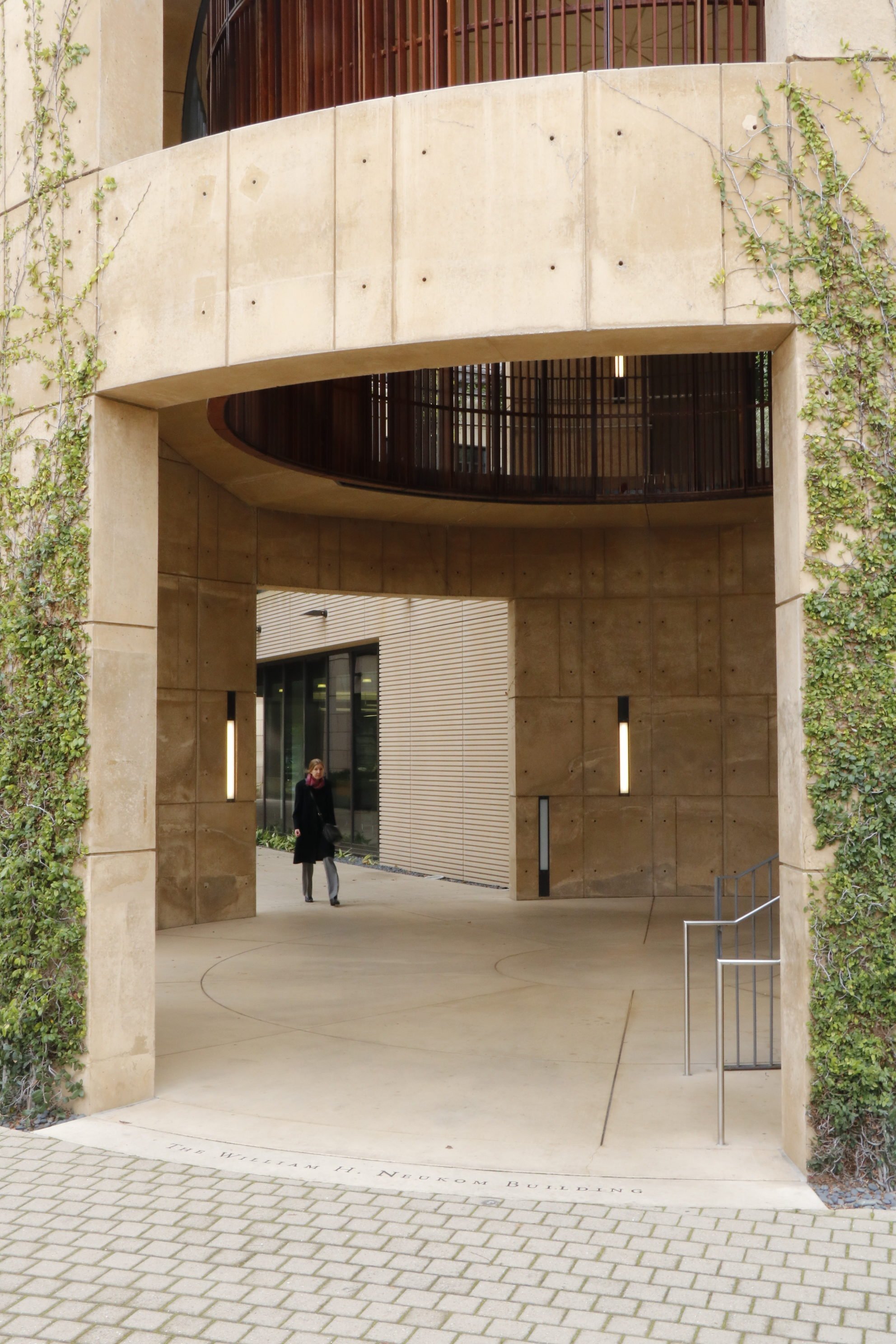In 2018, the secretive Stanford-connected Democratic fundraising group Mind the Gap (MTG) funneled over $20 million toward competitive U.S. House of Representative elections and get-out-the-vote (GOTV) organizations. In 2020, MTG wants to increase that number to $140 million.
MTG is led by Barbara Fried, the William W. and Gertrude H. Saunders Professor of Law; Paul Brest, an emeritus professor of law and director of the Law and Policy Lab; and Graham Gottlieb, a Stanford research affiliate. Of the three, Gottlieb has the most direct policy experience, having formerly served in junior roles in former President Barack Obama’s 2012 reelection campaign and in Obama’s White House.
Over a three-month period during the 2018 election cycle, MTG built a donor network of over 800 people, raised $11 million for 20 “undervalued and underfunded” House races and raised $9 million for GOTV organizations in 100 competitive House races, according to a leaked MTG memo signed by Fried, Brest, Gottlieb and the rest of the MTG group to potential donors.
Brest and Gottlieb did not respond to requests for comment. Fried, Brest and Gottlieb wrote in the memo that MTG hopes to avoid media attention to reduce the chances of Republicans responding with early funding to counteract MTG investments in otherwise off-the-radar races.
According to the memo, in 2020 MTG hopes to target state and national elections, directing the most funds to presidential battleground states.
MTG intends to raise as much as $100 million for mail-based voter registration, $30 million for GOTV efforts and $10 million for direct campaign funding — totaling to $140 million overall, with a minimum suggested contribution of $40,000 dollars.
According to a Vox article on MTG, the group pitches candidates and groups to donors based on statistical models that predict where each additional dollar will have the greatest chance of making an impact, as opposed to recommending donors send money to candidates that appear to be in districts easiest to flip.
“Our recommendations are all data-driven,” Fried, Brest and Gottlieb wrote in the memo, “relying on meta-analyses of hundreds of randomized, controlled experiments.”
In a statement to The Daily, Fried wrote that the group serves as a pro bono advisor to potential donors.
Fried wrote, “Our goal is to help people who want to make a difference in the political process, but who are uncertain about where their contributions can have an impact.”
MTG believes 2020 is a key election for the country.
“This is the most important election of our lifetimes, with grave and in some cases irreversible implications for the country and the planet if we don’t win,” Fried, Brest and Gottlieb wrote in the memo. “The responsibility on each of us is concomitantly large. None of us wants to wake up on November 4, 2020, and think, for the second time in four years, if only we could have done more.”
